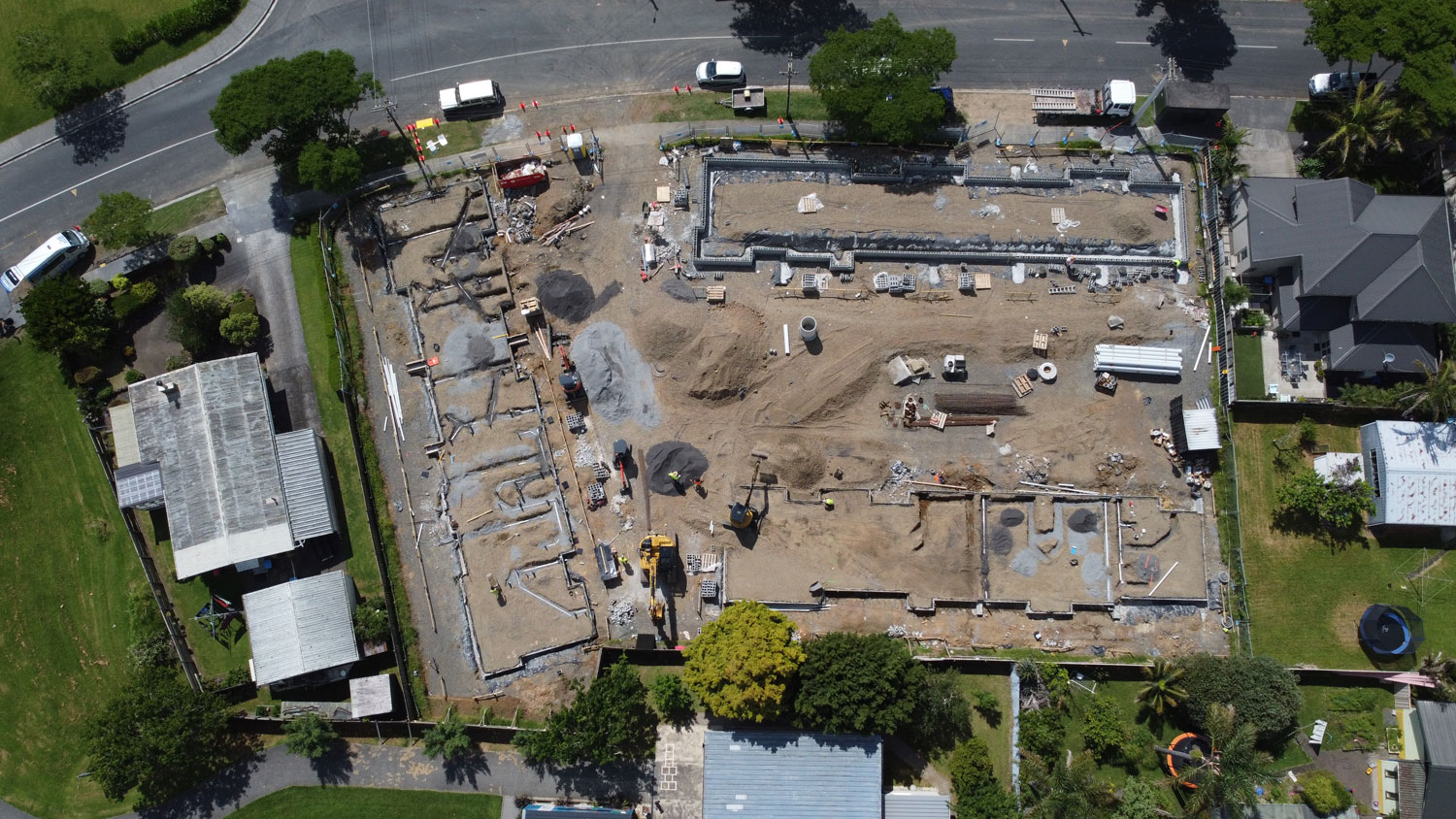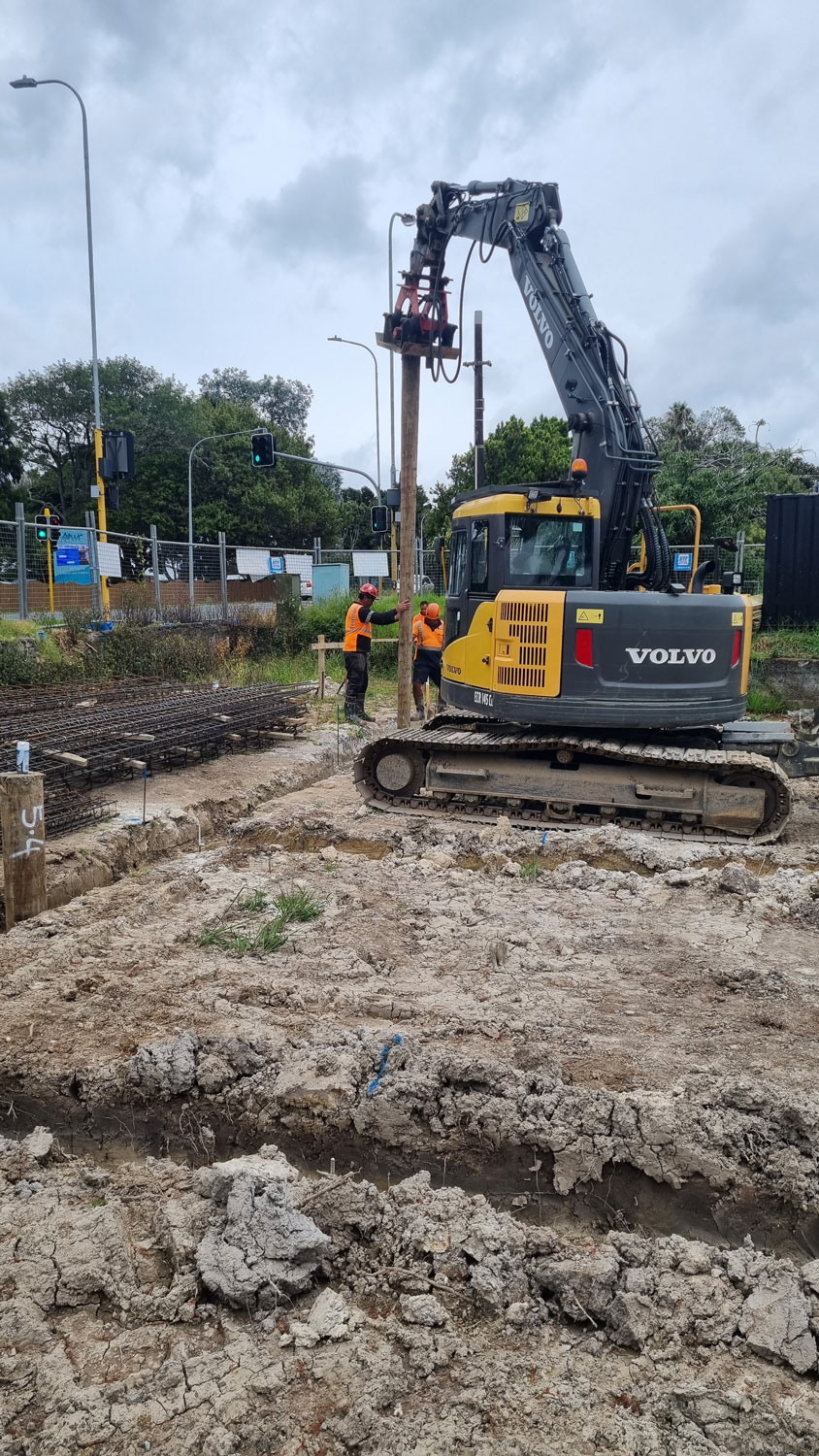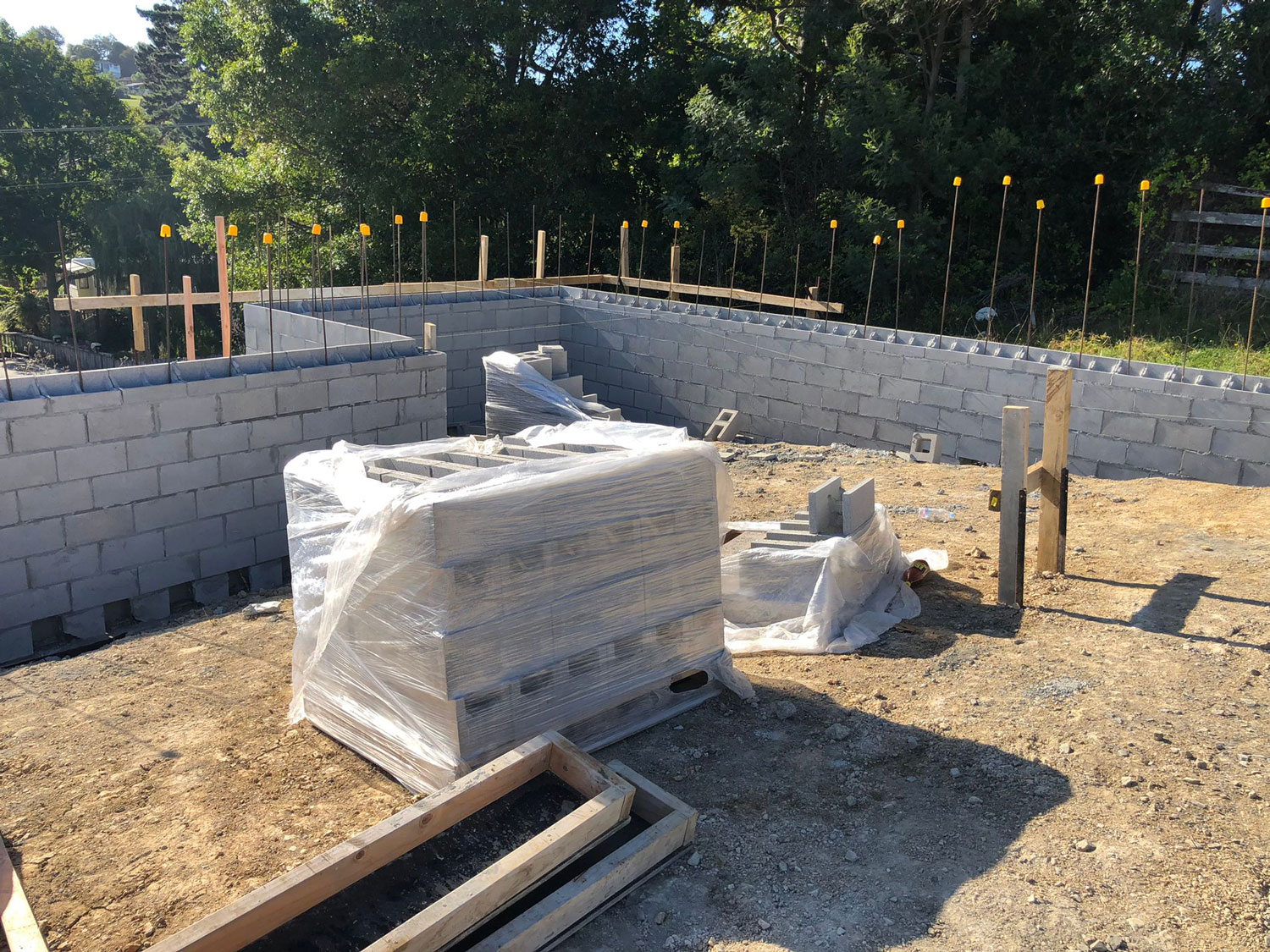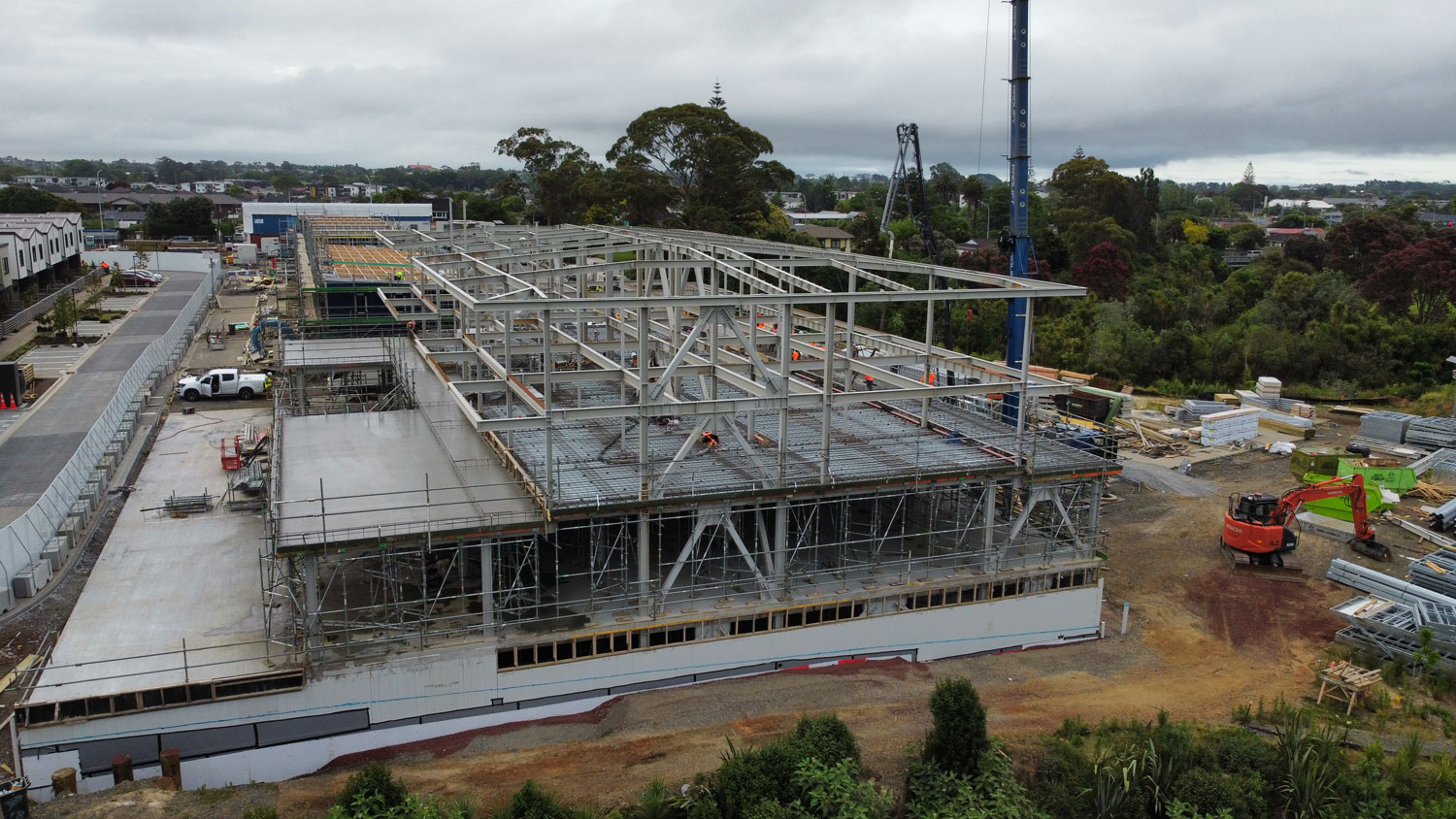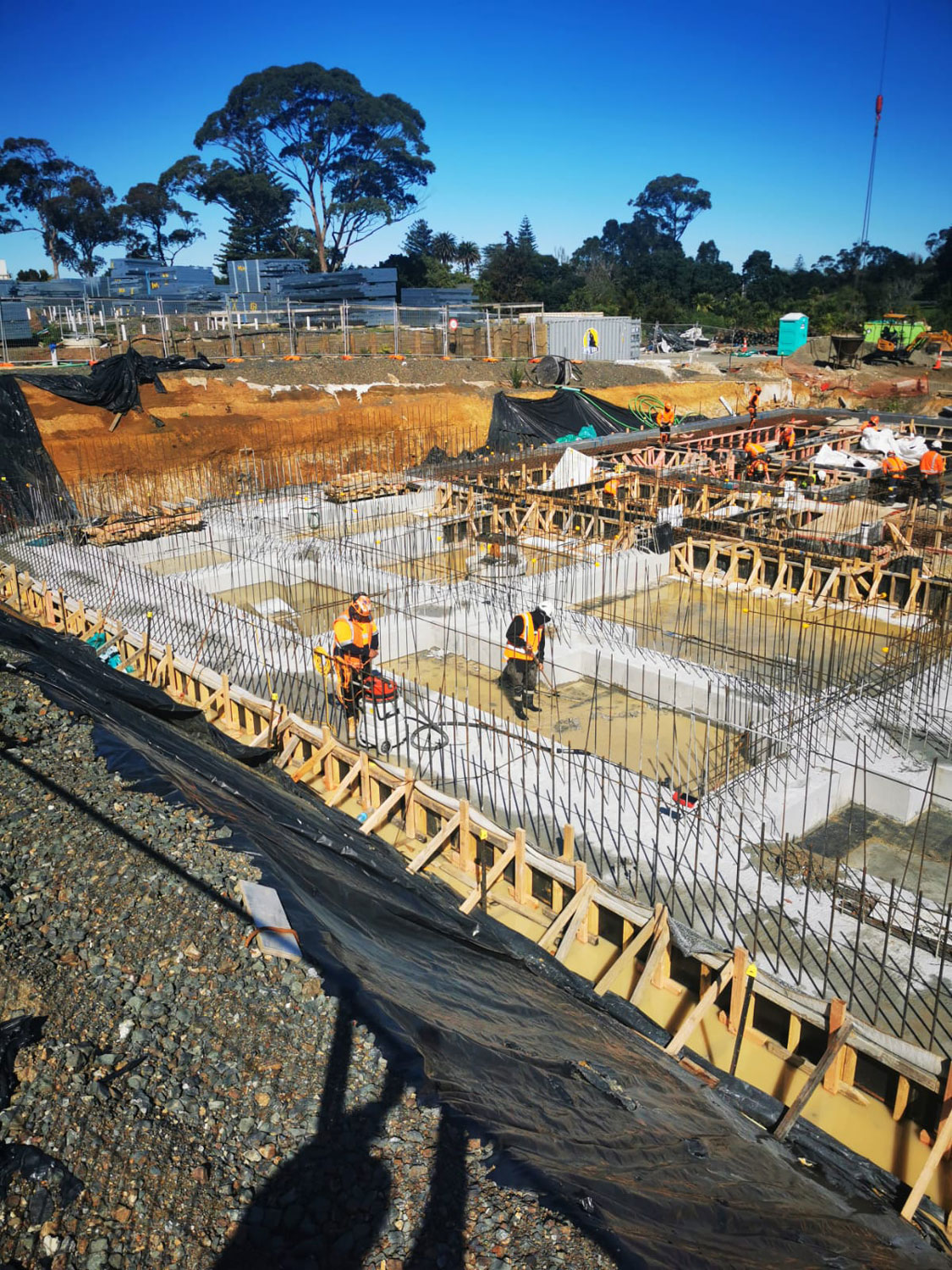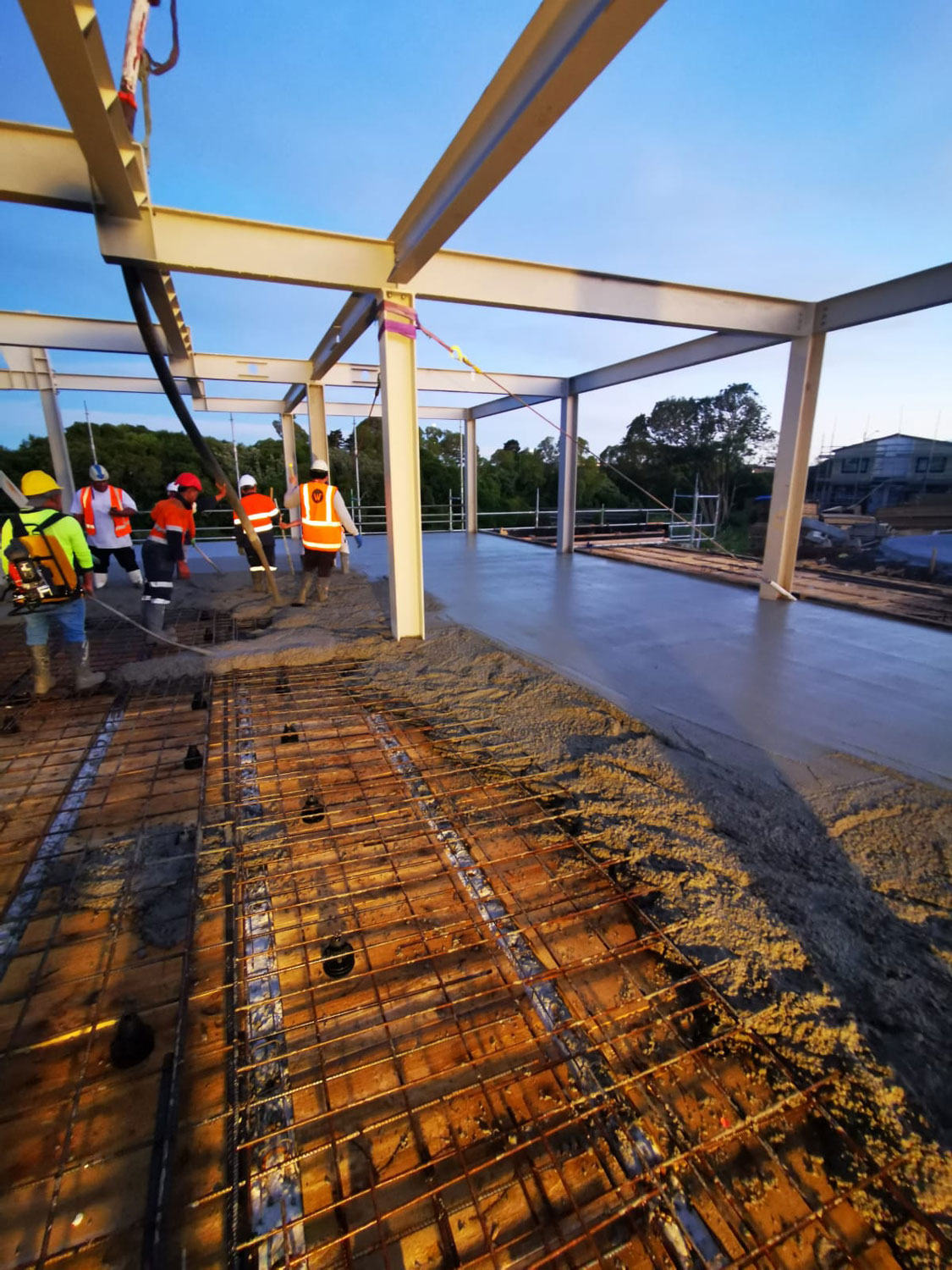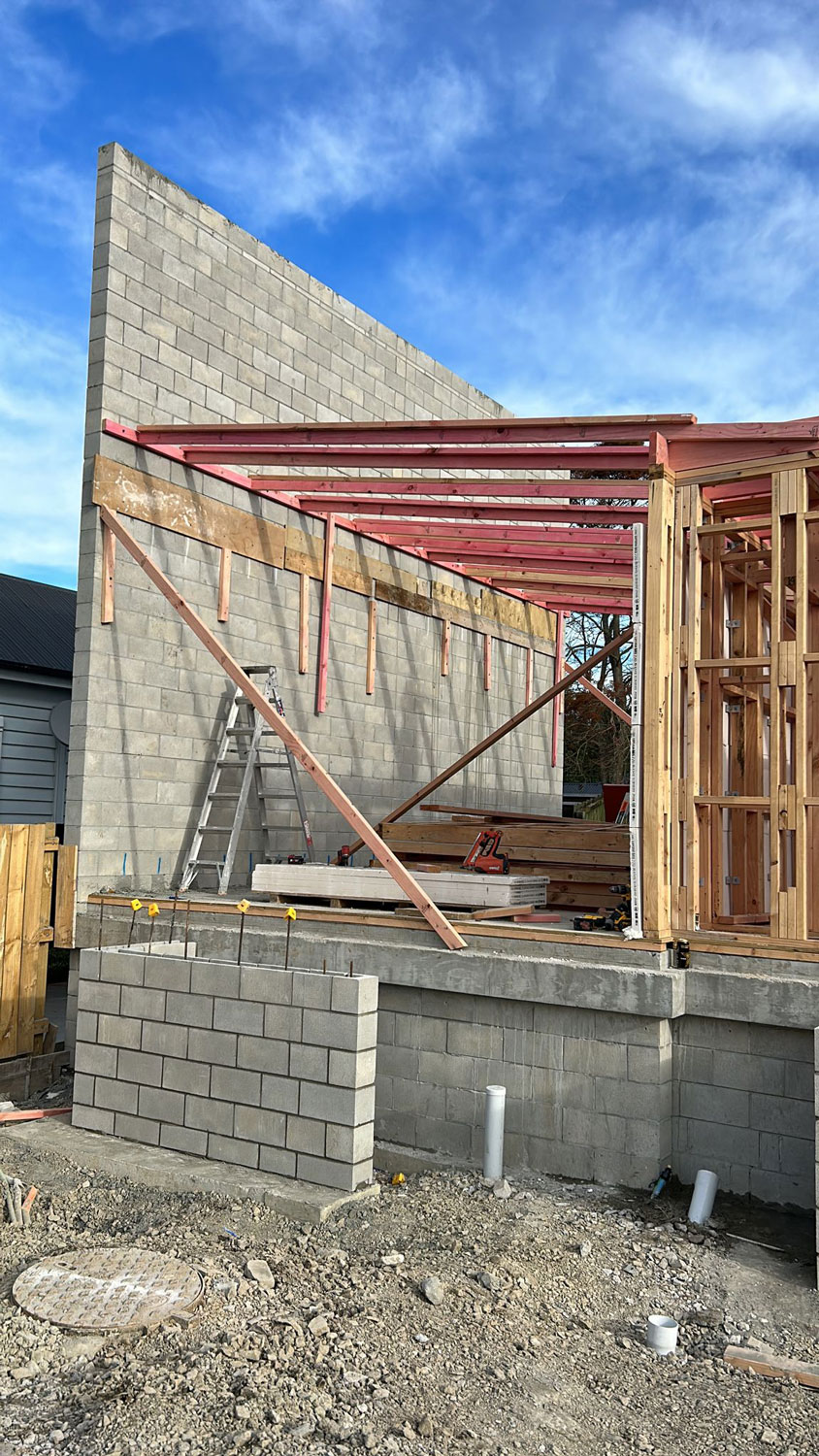
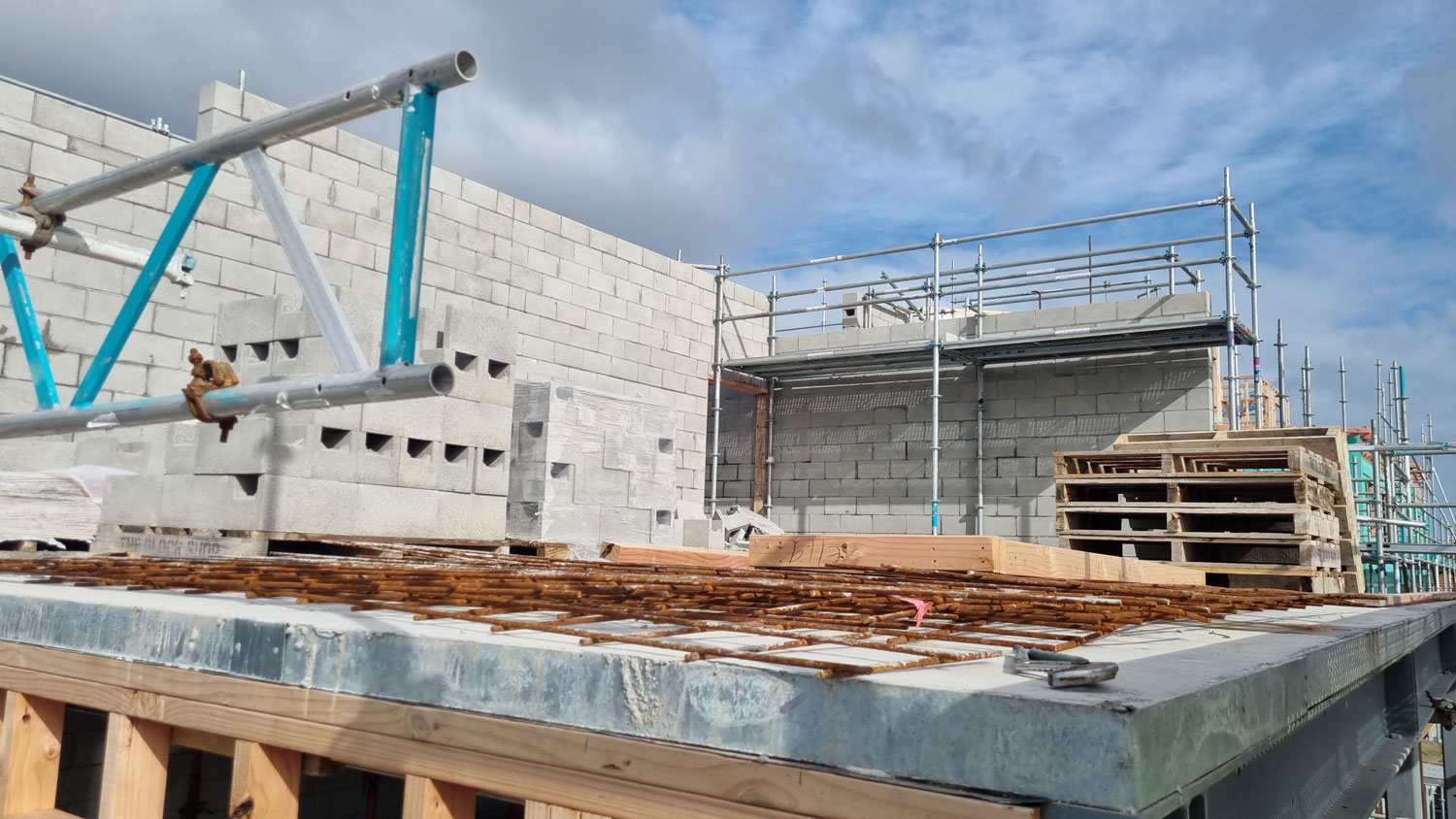
What are Block Work Foundations?
Block work foundations are a fundamental aspect of construction, providing a sturdy base for buildings and structures. This type of foundation utilises blocks, typically made from concrete or other masonry materials, laid and bonded together to form a solid ground-bearing layer. The method is favoured for its durability, versatility, and the relative ease of installation compared to some other foundation types. Block work foundations are suitable for a variety of soil types and construction projects, from residential homes to larger commercial buildings, making them a popular choice among builders and engineers.
Let TSC Construction help you navigate the pros and cons of foundations. Contact us for a consultation to ensure you make the best decision for your construction project.
